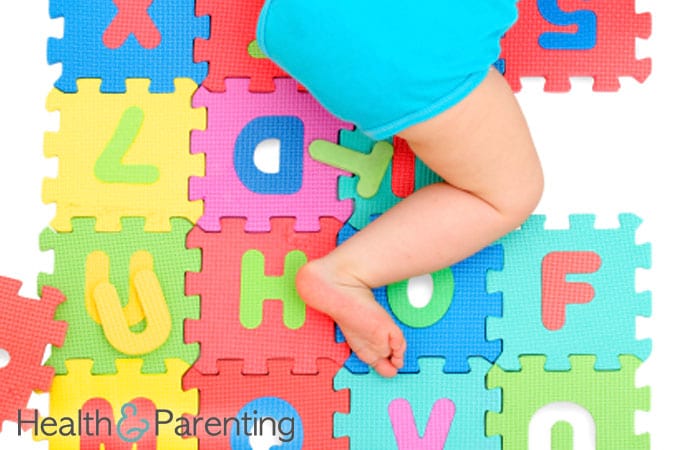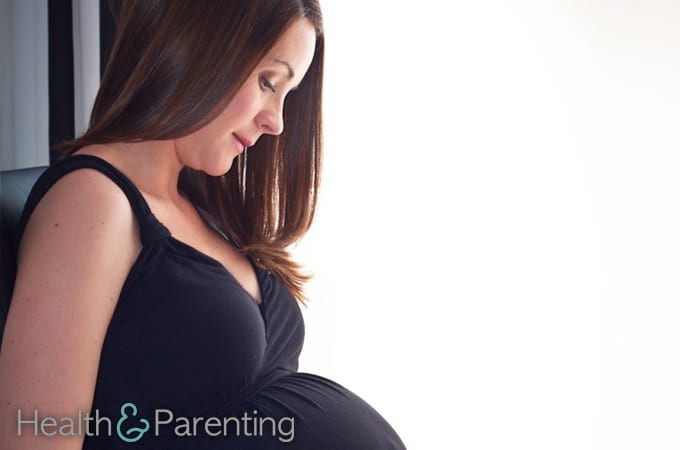Naming your baby can be difficult. There are some women who aren’t sure about their baby name until its time to sign the birth certificate, while others have known since they were 9 years old what they would name their son or their daughter. And every year, it doesn’t help to have so many celebrities naming their children outlandish names that can have us ‘regular folk’ thinking outside of the box.
Each year, it is fun to look back and see what the most popular names of the year were. Will your baby be among the popular names, or have you chosen a name that is lesser known? Is your one of a kind name as unpopular as you really think?
Today, we present you with the top baby names of 2013. Is the name you chose on this list?
If you are having or had a girl, you will find it interesting to know the top girl names of the year. Looking at the list, it looks as though several of the names came from the hit TV show, Dance Moms. Even more interesting is that several of the names in the top 10 were popular names in the 1920’s, which definitely shows that what comes around goes around when it comes to baby names.
1. Sophia
2. Emma
3. Olivia
4. Isabella
5. Mia
6. Ava
7. Lily
8. Zoe
9. Emily
10. Chloe
And for the boys, the top 10 names of the years also have historic roots. According to the Huffington Post, the top 4 names of 2013 were also on the top 10 list back in 1941 and many of them have biblical roots. Since many parents admit today that they are trying to find names with meaning, this list only makes sense. So what were the top 10 boys names of 2013?
1. Jackson
2. Aiden
3. Liam
4. Lucas
5. Noah
6. Mason
7. Jayden
8. Ethan
9. Jacob
10. Jack
So confess! Are you naming your baby any of these names, or do you have something more unique to share? When picking a baby name do you look for names with meaning, or do you choose a name based on the way it sounds? And is it important to you to utilize family names when naming your baby?
Written By Stef, Mom of 4 @Momspirational
This information is not intended to replace the advice of a doctor. Health & Parenting Ltd disclaims any liability for the decisions you make based on this information. All contents copyright © Health & Parenting Ltd 2014. All rights reserved.












